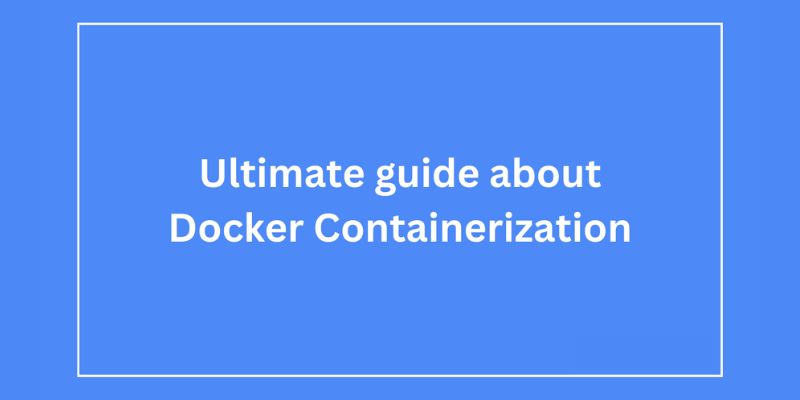
In today’s fast-paced software development environment, agility and efficiency are paramount. Docker containerization has emerged as a transformative technology, revolutionizing the way developers build, ship, and run applications. This comprehensive guide will delve into the Ultimate Guide to Docker Containerization, exploring its benefits, key concepts, best practices, and real-world applications. Are you looking to advance your career in Devops? Get started today with the DevOps Training in Chennai from FITA Academy!
Understanding Docker
In this section, we’ll provide an overview of Docker, explaining what it is and how it differs from traditional virtualization. We’ll delve into Docker’s architecture, including containers, images, and Docker Engine, to establish a foundational understanding of the technology.
Benefits of Docker Containerization
Here, we’ll explore the myriad benefits of Docker containerization. Docker offers numerous advantages for modern software development and deployment pipelines, from enhanced portability and scalability to resource efficiency and faster deployment cycles.
Getting Started with Docker
This section will serve as a practical guide for getting started with Docker. We’ll walk through the process of installing Docker, creating and managing containers, pulling images from Docker Hub, and running Docker commands to streamline development workflows.
Docker Compose and Orchestration
Docker Compose and orchestration tools like Docker Swarm and Kubernetes play a crucial role in managing complex containerized applications. In this section, we’ll explore how Docker Compose simplifies multi-container application deployment, while also providing an overview of orchestration solutions for scaling and managing containerized environments. Learn all the Devops techniques and become a devops developer. Enroll in our Devops Online Course.
Best Practices for Docker Containerization
Adhering to best practices and established guidelines is essential to ensuring success with Docker. We’ll discuss strategies for building efficient Docker images, optimizing container performance, securing containerized environments, and implementing robust monitoring and logging practices.
Real-World Applications of Docker
From microservices architecture to CI/CD pipelines and cloud-native development, Docker finds applications in a wide range of use cases. In this section, we’ll showcase real-world examples of Docker containerization, highlighting how leading organizations leverage Docker to streamline their development and deployment processes.
Challenges and Considerations
While Docker offers numerous benefits, it’s not without its challenges. In this section, we’ll address common challenges and considerations associated with Docker containerization, such as managing container sprawl, ensuring compatibility across environments, and navigating security concerns.
Docker containerization has emerged as a game-changer in the world of software development and deployment. By providing a lightweight, portable, and scalable platform for packaging and running applications, Docker empowers developers to build and deploy software with unprecedented speed and efficiency. This ultimate guide has provided an in-depth exploration of Docker containerization, from its fundamental concepts to practical implementation strategies and real-world applications. Armed with this knowledge, developers and organizations can harness the power of Docker to revolutionize their development workflows and drive innovation in the digital era. Looking for a career as a devops developer? Enroll in this Advanced Training Institute in Chennai and learn from experts about devops testing techniques and tools.
Read more: DevOps Interview Questions and Answers